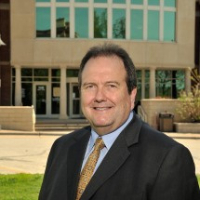Bruner Estate Lawyer, Missouri
Ron Gwenn Cleek
✓ VERIFIEDAccident & Injury, Estate Planning, Adoption, Divorce & Family Law, Traffic
We pride ourselves in Serious Legal Help for Serious Legal Problems.
Anne Sallee Mason
Estate Administration, Gift Taxation, Estate Planning, Guardianships & Conservatorships
Status: In Good Standing
Stuart P. Huffman
Litigation, Estate Planning, Family Law, Criminal, Insurance
Status: In Good Standing
Jerry L. Redfern
Corporate, Business Organization, Estate Planning, Litigation
Status: In Good Standing
Warren S. Stafford
Business Organization, Products Liability, Eminent Domain, Wills & Probate
Status: In Good Standing


